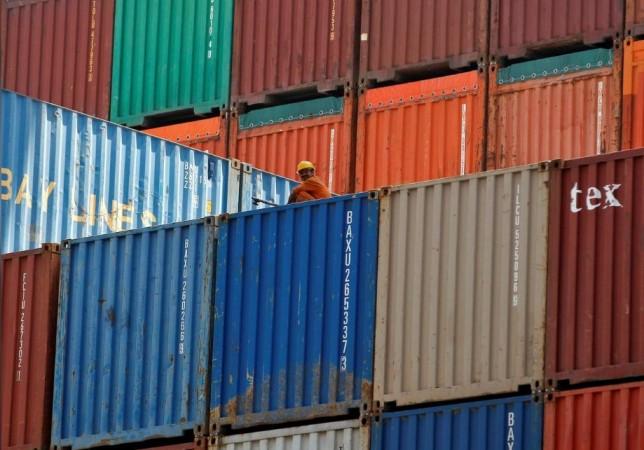
Amidst the declining economy of the country, the foreign investors have been continuously selling their stakes in the Indian market. Within seven trading sessions in August, the investors have cut down their market investments by Rs 9,197 crore.
The trend of cutting down the investments was seen after eight core sector industries such as coal, crude oil, natural gas, refinery products, fertiliser, steel, cement, and electricity continued to show a negative growth due to the economy slowdown.
A major cut down in the foreign investments was seen after the Modi government announced its budget changing the FDI norms and revised the taxations on the products. According to some market analysts, the trend can be reversed, by addressing the tax concerns of the overseas investors.

The latest depositories data states that the foreign portfolio investors (FPIs) withdrew a net amount of about Rs 11,134 from equities after pushing in about Rs 1,937 into the debt segment within the first nine days of August. The net withdrawal by the FPI after the settlement was clocked at about Rs 9,179 crore.
As per a LiveMint report, the second reason that led the overseas investors to withdraw their investments from the Indian market was the introduction of higher taxes on FPIs registered as trusts and association of persons, announced in the Indian budget 2019-20.

The report quoted Vinod Nair, head of research at Geojit Financial services, stating that the FPIs have been fearing the global slowdown with major countries posting muted GDP growth. The rumours on the aggravation of the slowdown due to the uncertainty on the US-China trade agreement, Brexit and other geopolitical issues are boosting the fear of the investors.
He even added that the situation is endangering earning growth while increasing the share values because of which the investment class is shifting to safe-havens; finding the equity unattractive.
However, there are talks that the government might roll back by providing some relief to foreign investors from higher surcharges to stabilise the economic slowdown and boost the industrial outputs.









!['Had denied Housefull franchise as they wanted me to wear a bikini': Tia Bajpai on turning down bold scripts [Exclusive]](https://data1.ibtimes.co.in/en/full/806605/had-denied-housefull-franchise-they-wanted-me-wear-bikini-tia-bajpai-turning-down-bold.png?w=220&h=138)



